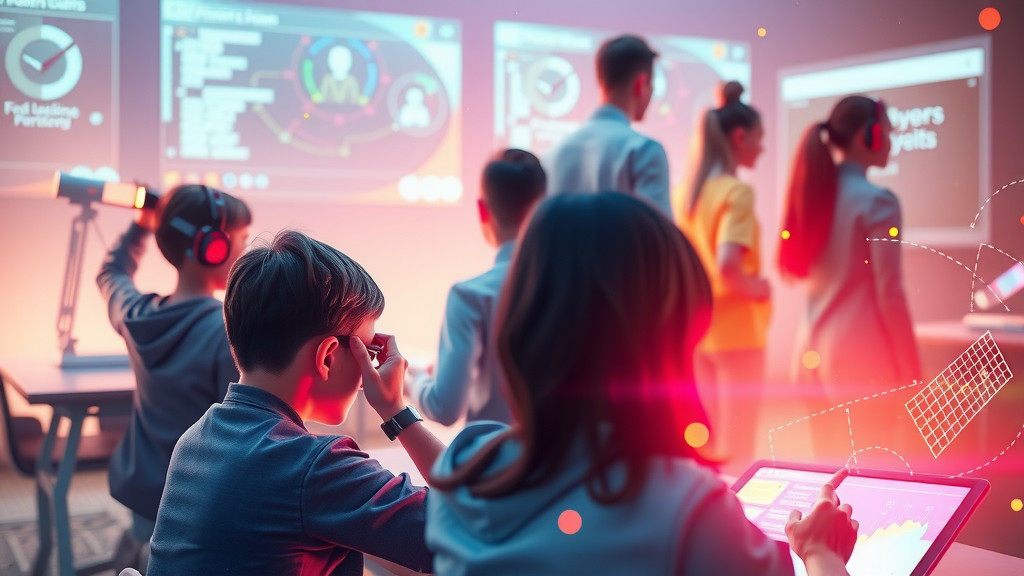In a world increasingly defined by artificial intelligence (AI), the technology's influence spans across various sectors, from education to energy consumption, and even human relationships. This cover story delves into how AI is reshaping these domains, offering both opportunities and challenges.
Powering Education with AI
In Southeast Asia, AI is being harnessed to transform education, with countries like Indonesia and Cambodia leading the way. Indonesia's 'Platform Merdeka Mengajar' uses AI for content curation and personalized learning, while Cambodia is integrating technology into teacher training. These initiatives aim to empower educators and improve learning outcomes, but they also face challenges such as resistance from veteran teachers and the need for clear educational strategies. Experts like Larry Nelson from Microsoft highlight how AI can automate routine tasks, freeing teachers to focus on personalized learning, and emphasize the potential of AI to foster critical thinking and problem-solving skills.
AI in Relationships: A Double-Edged Sword
AI's role in human relationships is both intriguing and concerning. Historian Yuval Noah Harari suggests that AI could outperform humans in forming meaningful relationships due to its ability to listen without distraction and provide precise, calibrated responses. Services like Replika and Woebot offer AI-based companionship and therapy, reflecting a growing interest in virtual relationships. However, there are risks of over-reliance on AI, which could lead to social isolation and a decline in authentic human interactions. The allure of AI companions lies in their ability to simulate deep understanding, but genuine relationships require mutual vulnerability and shared experiences that AI cannot replicate.
AI's Energy Demands and Climate Concerns
The energy consumption of AI is raising alarms among lawmakers, particularly in New York. Processing a single ChatGPT request consumes significantly more electricity than a Google search, and data centers, which power AI, are a growing source of energy use. State Sen. Kristen Gonzalez's proposed 'New York State Sustainable Data Centers Act' aims to address these concerns by mandating renewable energy targets for data centers, annual reports on energy and water use, and public hearings on new site constructions. The bill underscores the need for sustainable practices as AI continues to evolve.
Key Takeaways
- AI is revolutionizing education in Southeast Asia, empowering teachers and enhancing learning outcomes.
- AI's role in relationships offers both opportunities and challenges, with potential benefits and risks.
- The energy demands of AI pose a significant challenge to climate goals, necessitating sustainable solutions.
- As AI continues to evolve, it will be crucial to balance innovation with ethical considerations and sustainability.
Sources
- Powering edu with AI
- Musk's xAI offers free access to Grok-2 AI chatbot
- How Is AI Different From Autofocus?
- Musk's xAI offers free access to Grok-2 AI chatbot
- AI Created Video Clips – Moving at the Speed of Creativity
- AI-driven energy demands spark concerns for New York’s climate goals
- Apple’s AI leap could redefine your iPhone experience
- Asking For A Friend: Is AI Better At Relationships Than We Are?
